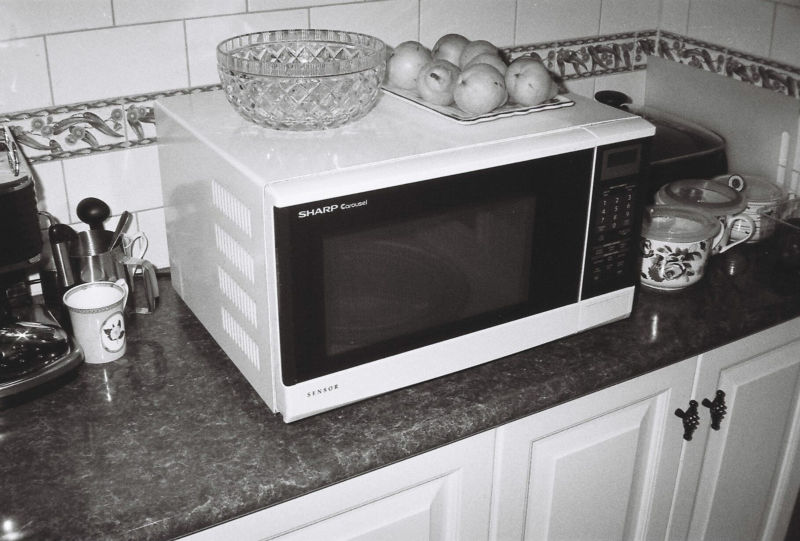Qubits kept together by shouting at them with microwaves

Enlarge / Not this kind of microwave, of course. (credit: Matthew Paul Argall)
Companies like IBM and Google have leapt at the opportunity to build toy quantum computers. They've produced nice interfaces so you can play quantum computing games. The access frameworks they've provided makes me feel like we are about to break out in useful quantum computers.
The public interface, however, hides the relatively slow progress in solving hardware problems. In particular, qubits don't live very long, so not much computation can be done. Now, in a very nice bit of work, a team of researchers from China have put together qubits that last about 10-15 times longer.
The case of the vanishing qubitsTo get your head around this result, we need to understand three key features of how information is stored and processed in quantum computing. Information is stored in qubits, but a qubit does not just hold a one or a zero; it is really a probability of being a one or a zero. Computations are performed by modifying the probability of a qubit being a one or a zero when it's measured.
Read 13 remaining paragraphs | Comments